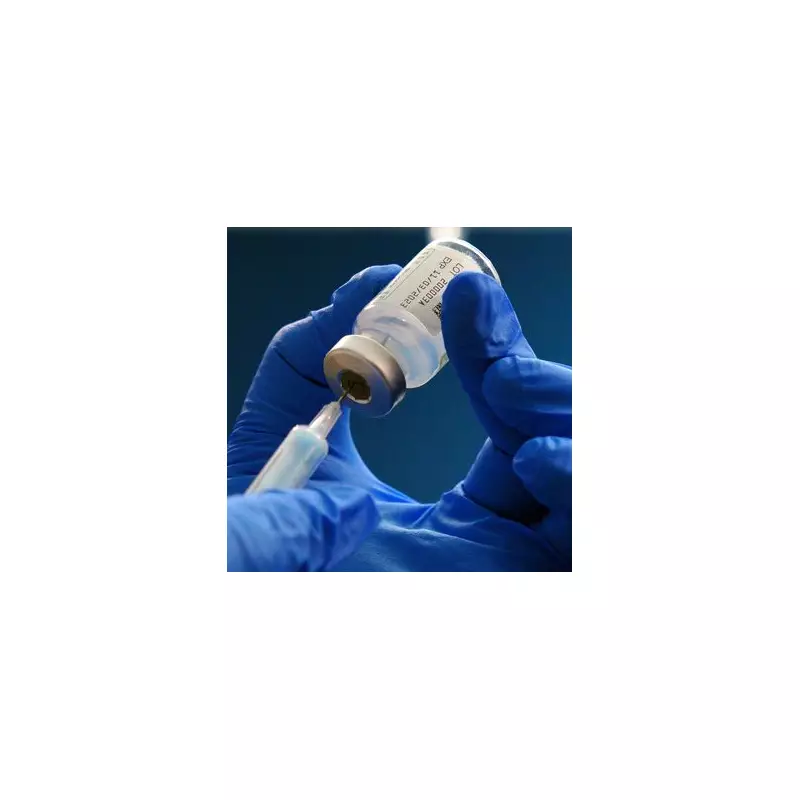
Cases of mouth cancer in England have reached a devastating record high, with new NHS data revealing a dramatic surge in diagnoses and fatalities over the past decade.
A Decade of Disturbing Growth
Fresh statistics released by NHS England show that the annual number of mouth cancer diagnoses has now hit 9,293. This represents a staggering 37% increase over the last ten years. The human cost is equally alarming, with 2,970 people now losing their lives to the disease each year—a 42% rise in mortality compared to a decade ago.
The charity the Oral Health Foundation has described this sharp escalation as "deeply concerning", highlighting a growing public health crisis.
The Changing Face of Risk Factors
While smoking and heavy alcohol consumption remain significant risk factors, specialists are pointing to a different, increasingly common cause: the human papillomavirus (HPV).
HPV, predominantly transmitted through oral sex, is now implicated in a substantial number of new diagnoses, particularly among younger people. This shift is changing the typical profile of a mouth cancer patient.
Mr Mahesh Kumar, President of the Mouth Cancer Foundation and a maxillofacial surgeon, confirmed this trend. "We're increasingly seeing mouth cancer in people who don't fit the traditional risk profile," he said. "While smoking and alcohol remain major risks, the human papillomavirus (HPV) is now linked to many new cases, particularly among younger people."
Lives Changed and a Call for Awareness
The low public awareness of mouth cancer symptoms is a major concern for health experts. Research from the Oral Health Foundation indicates that nearly a quarter of the population (23%) does not realise it is possible to develop cancer in and around the mouth. Knowledge of the most common signs, such as non-healing ulcers, red or white patches, or unusual lumps, is as low as 20%.
Robert Powell, a father-of-four from Milton Keynes, knows the consequences of this complacency all too well. He dismissed a persistent sore throat for months before a dental practitioner identified something alarming and referred him for further tests. He received a cancer diagnosis on his 62nd birthday.
After undergoing chemotherapy and radiotherapy, Robert has recovered but continues to live with the lasting side effects of his treatment. He emphasised, "You can't be complacent and think it won't happen to you... Regular dental check-ups really can be a matter of life or death."
Dr Nigel Carter OBE, chief executive of the Oral Health Foundation, echoed this urgency. "Far too many people still don't know the warning signs or delay getting help," he stated. "We're urging everyone to be mouthaware – check your mouth regularly and seek advice if something doesn't feel right."
Experts like Dr Hisham Mehanna from the University of Birmingham have quantified the risk, noting that individuals with six or more lifetime oral-sex partners face 8.5 times greater odds of developing related cancers. As cases continue to climb against the trend of most other cancers, the message from health leaders is clear: vigilance and early detection through regular dental visits are paramount.





